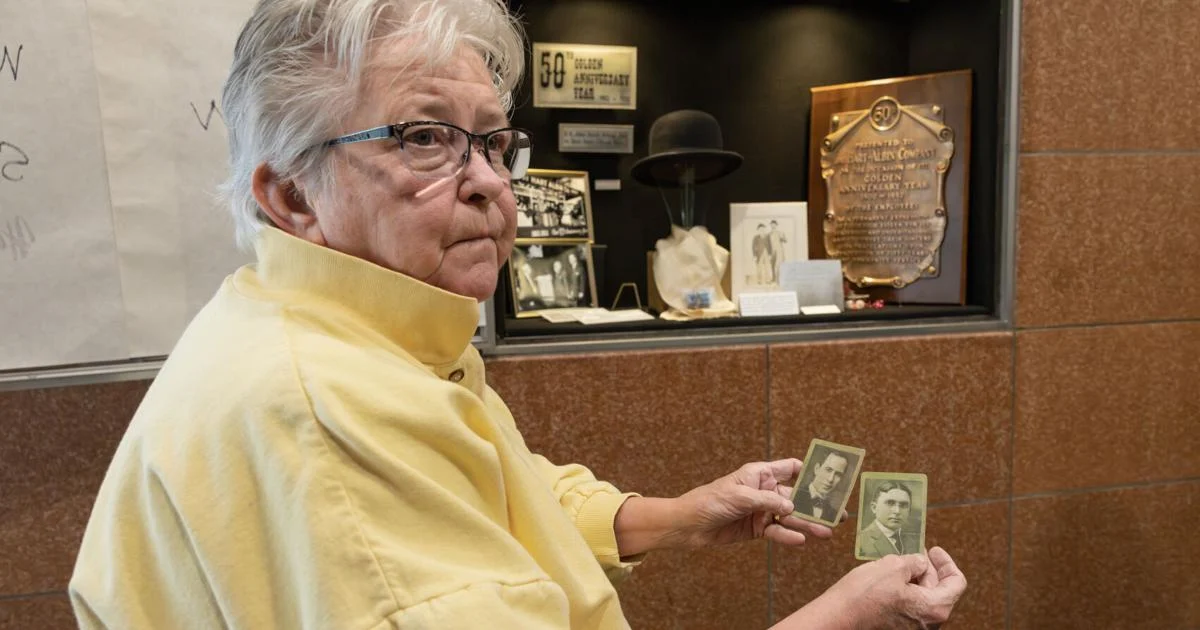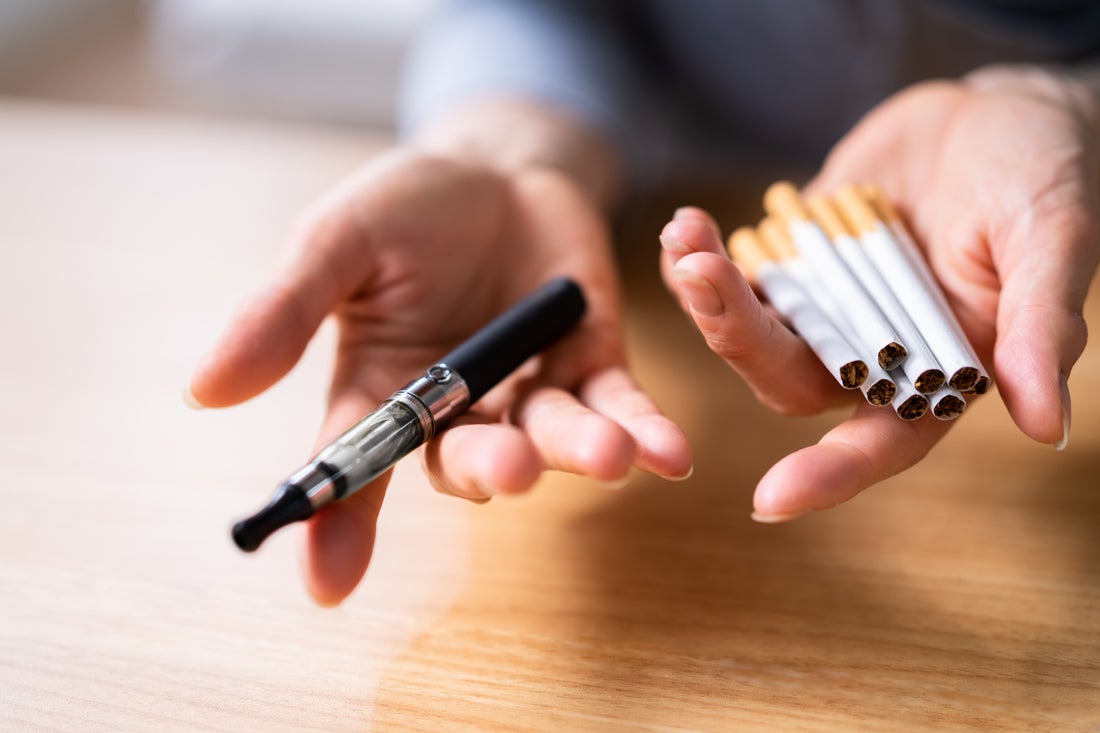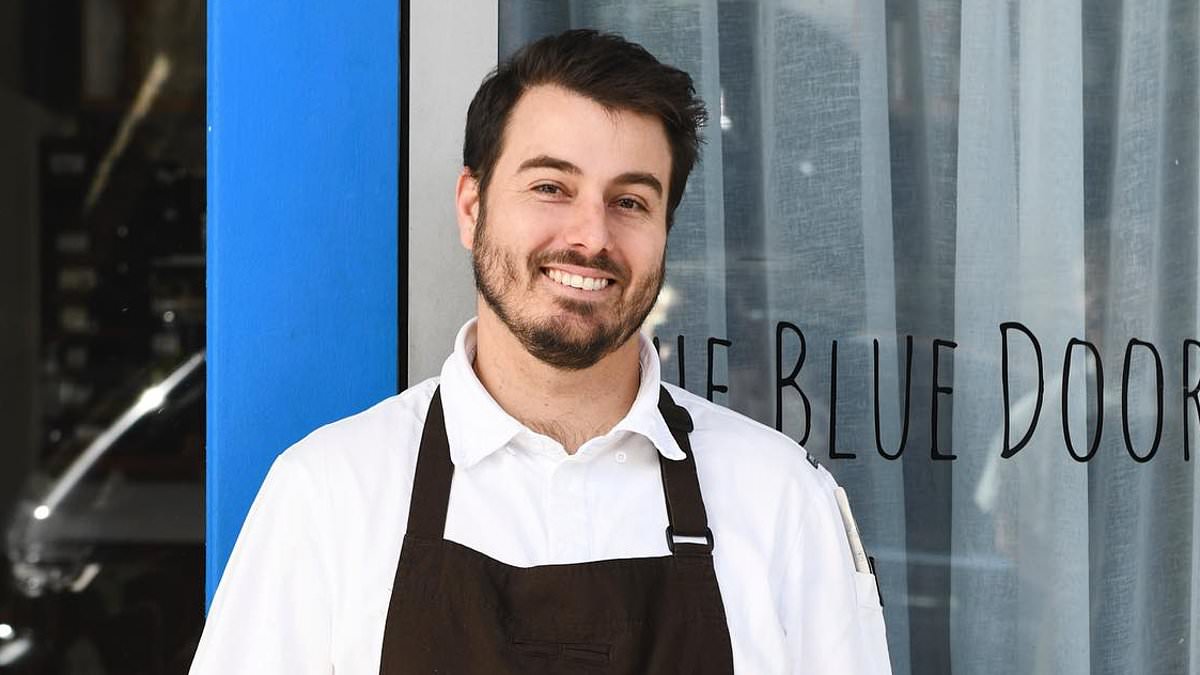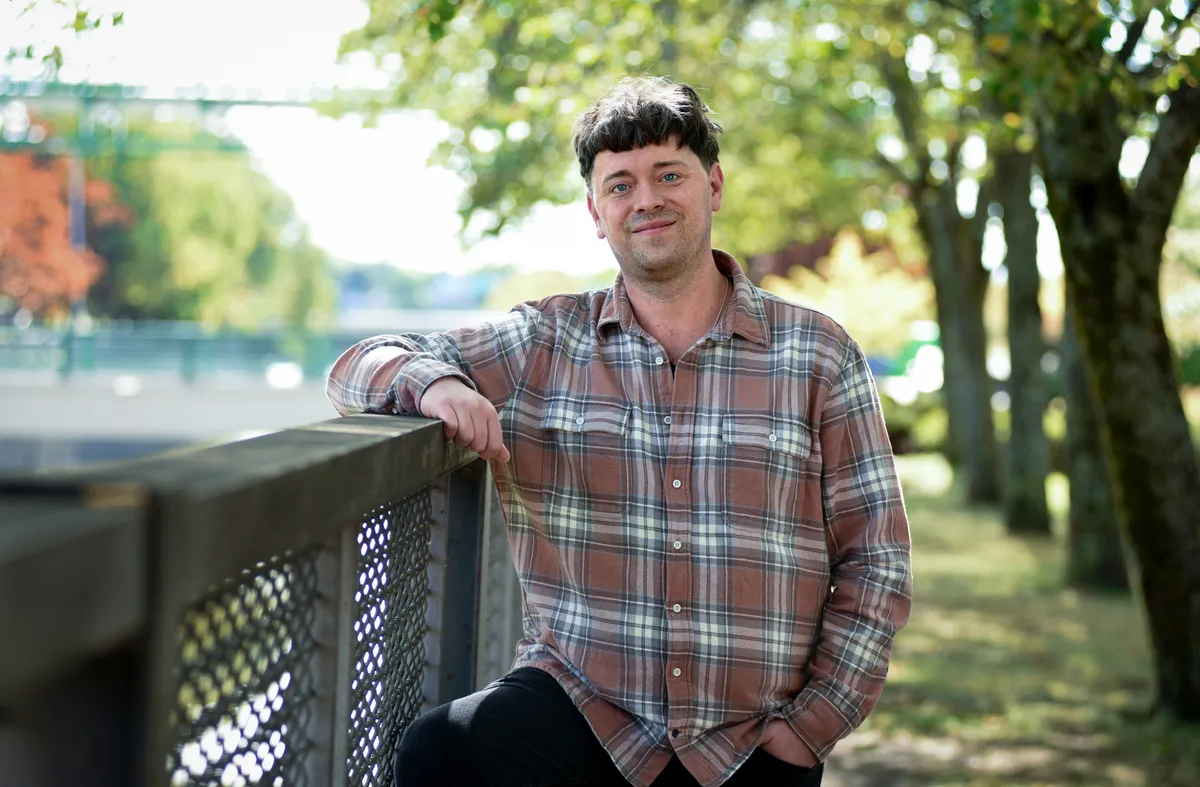Copyright westernstandard
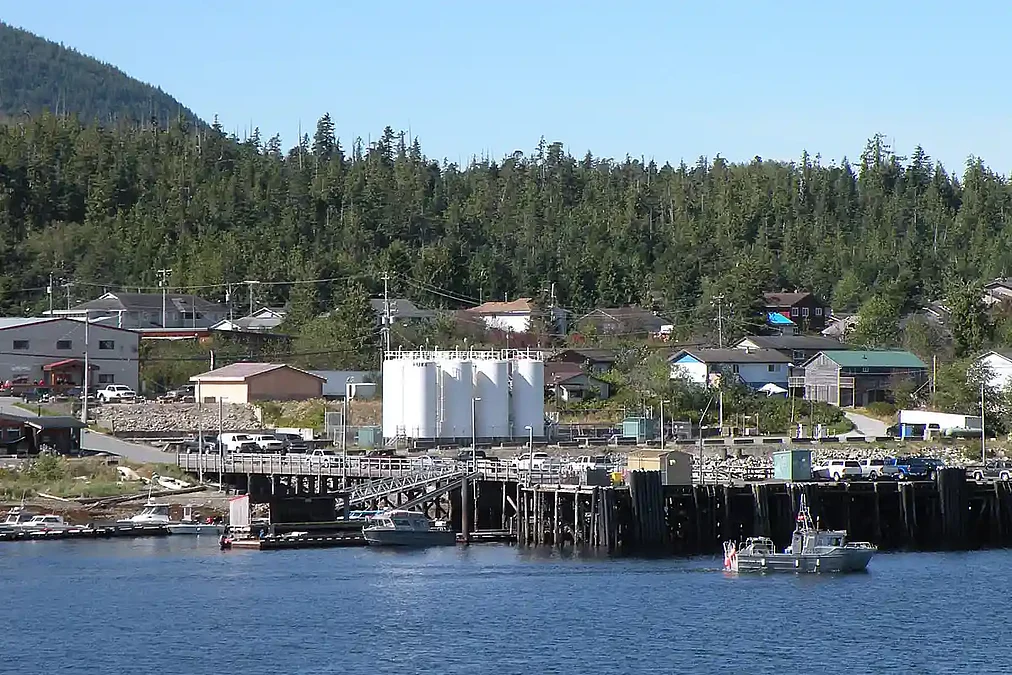
Tom Fletcher has covered BC politics and business as a journalist since 1984.BC Premier David Eby staged a big media event on November 6 to once again restate his opposition to an oil pipeline from Alberta to the Prince Rupert area.The elaborate ceremony to sign a poster-sized document called the “North Coast Protection Declaration” was dutifully covered by provincial and national media, despite having no actual news content. It is not a response to Alberta’s plan to finance preliminary work on a new oil pipeline, Eby insisted. It’s to confirm the direction of growing the BC economy without, you know, any more oil pipelines.The event at the opulent Vancouver Convention Centre West was timed to coincide with the annual BC Cabinet and First Nations Leaders Gathering, a diplomatic effort set up 10 years ago by former premier Christy Clark. This year’s event featured more than 1,300 delegates from 200 First Nations and every BC government ministry..HILTON-O’BRIEN: It’s time to fix the Alberta Teachers’ Association.The two-day gathering features 1,300 meetings, “plus plenary and discussion sessions on a variety of topics, including major projects, responding to racism, implementation of the Declaration Act, and more,” the premier’s office announced.Everyone’s taxpayer-funded hotels and expense accounts alone are an impressive boost to the economy. Aside from an opening news conference and the declaration event at the end, the whole thing is closed to the public.The protection declaration is a partnership between the BC government and the Coastal First Nations, Eby said. As I mentioned in my October 15 commentary, Coastal First Nations sounds like a tribal council, but it isn’t. It’s an environmental group started in the late 1990s by the David Suzuki Foundation, with international eco-foundation funding over the years that led to the current name, Coastal First Nations Great Bear Initiative..Their current project is the Great Bear Sea, funded by $200 million from the federal government, $60 million from BC, and $75 million from “philanthropic investors.” This is similar to the Great Bear Rainforest conservation project, backed by mostly US billionaire charity funds, that persuaded Justin Trudeau to turn the voluntary tanker exclusion zone into Canadian law.Leadoff speaker in Vancouver was the current Coastal First Nations president, Heiltsuk Chief Marilyn Slett. She repeated a well-worn story about her remote Central Coast community of Bella Bella still struggling with the effects of an “oil spill” in 2016.In fact, the 2016 event was the sinking of a tugboat that ran aground while pushing an empty fuel barge back down from Alaska to a refinery in Washington to be refilled. The “oil spill” was the diesel fuel powering the tugboat, which basic chemistry suggests would have evaporated long ago..RATH: Revenge of the Smith.Remote coastal settlements are entirely dependent on fuel shipments, and Bella Bella is no different. It has no road or power grid connections, and the little seaside village is dominated by large fuel tanks that have to be refilled regularly by barge to keep the lights on.Alaska North Slope crude has been shipped by tanker to Washington and beyond for more than 60 years. Yes, there’s a North Coast “exclusion zone” where US-bound tankers go west around Haida Gwaii rather than down the Inside Passage, but once the ships reach Vancouver Island, they sail inside right past Victoria to refineries at Cherry Point, March Point, and other US stops..Through the tall windows of the Vancouver convention centre, you can watch Aframax crude tankers sail past under the Second Narrows and Lions Gate bridges, after loading diluted bitumen crude from the expanded Westridge Terminal in Burnaby. That is, of course, the west end of the Trans Mountain Pipeline, which has operated since 1954 with no spills, including the branch line down to the Cherry Point complex.There are many more crude tankers exiting Vancouver now that the TMX expansion is complete, but they aren’t filled all the way because the Second Narrows is too shallow to allow that. A dredging project is in the works to allow Aframax-sized tankers to fill up.They enter and exit Burrard Inlet surrounded by tethered tugboats to prevent grounding, even if the tanker loses power in this brief stretch of a long voyage that now takes Alberta crude around the world. Since the TMX expansion, shipments that used to go mostly to California now are reaching Korea, Japan, China, Hong Kong, and Singapore as well..OLDCORN: Judges who ban poppies have forgotten what they stand for.The US captive discount has shrunk, the tripled pipeline capacity is rapidly filling up, and pumping stations are being added. This is the very definition of Mark Carney’s nation-building projects to get Canada out of the red.The idea that the North Coast can host fuel barges, LNG tankers, bunker-fired cruise ships, and freighters but can’t tolerate Canadian crude along with the US tankers is a silly urban myth.Tom Fletcher has covered BC politics and business as a journalist since 1984.tomfletcherbc@gmail.comX: @tomfletcherbc
